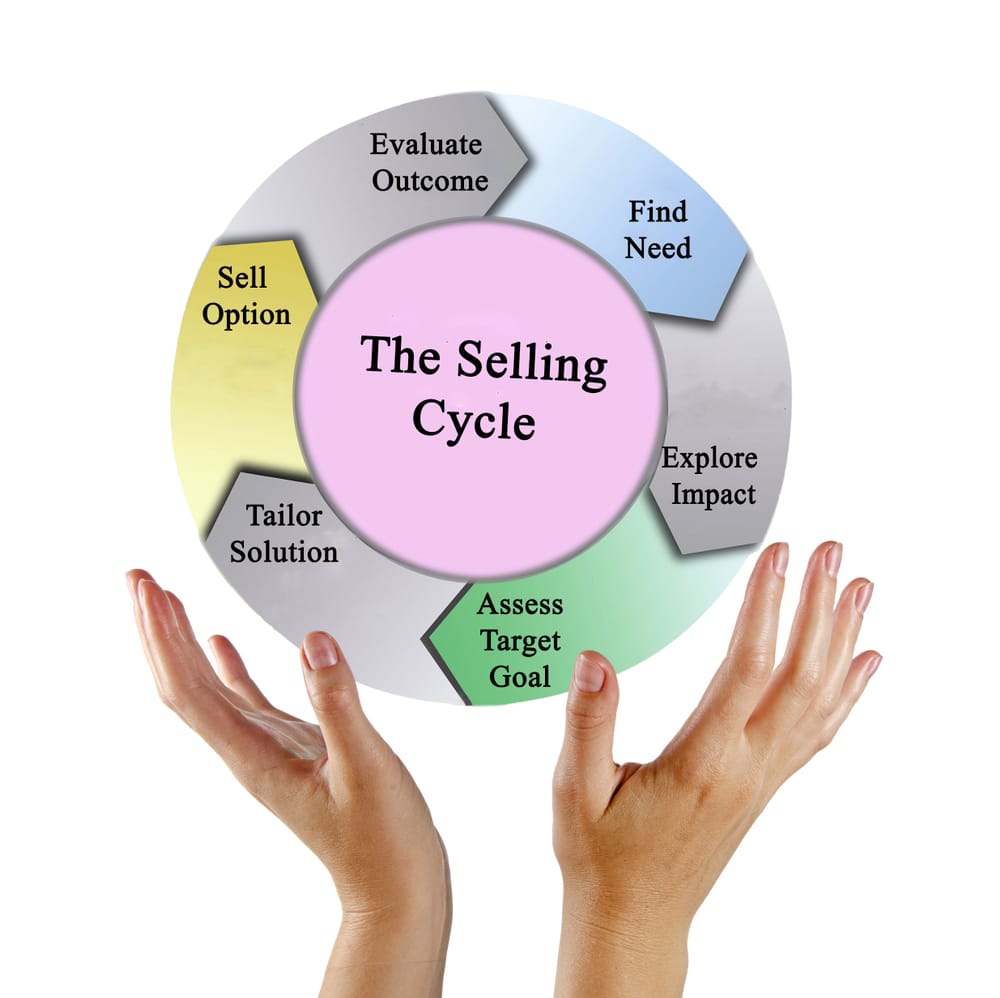Tariffs impacting U.S. consumer price inflation concerns

Tariff Effects on U.S. Inflation
Tariff inflation is a term that has increasingly found its way into discussions about the U.S. economy, reflecting how tariffs can raise domestic price levels and impact everyday American consumers. When tariffs are imposed on imported goods, the cost increase trickles down and affects consumer prices, leading to what we understand as tariff inflation. In recent years, global trade policy dynamics have played a significant role in shaping the ripple effects seen across the U.S. economy. These economic shifts include spikes in consumer prices and general inflation, as international trade relations evolve. Understanding these trends is crucial for market analysts and policymakers alike, as they delve into formulating informed economic strategies.
Tariffs and Their Role in Consumer Price Inflation
Tariffs might appear to be a distant economic concept, but they play a critical role in shaping inflation within domestic markets. At their core, tariffs are taxes that governments impose on imported goods, which can directly influence consumer prices.
- In recent years, U.S. tariff policies have notably impacted consumer prices, making imports more expensive.
- This price increase on imported goods often results in inflationary pressure within the domestic market.
- U.S. households may notice the effects on the cost of various goods, from cars to groceries, resulting in a broader inflationary trend.
Analysts often focus on these elements when conducting market analyses. By examining the connections between tariffs, import prices, and the cost of goods, they gain insights into the financial landscape's fluid dynamics.
Inflation Concerns amid Global Trade Policies
Global trade policies serve as a backdrop for unfolding U.S. inflation rates. Trade wars and international economic strategies can amplify inflation trends, influencing domestic economic conditions.
- The policies implemented during trade conflicts have often resulted in increased domestic inflation concerns.
- Historical and current case studies provide vital insights into how these international decisions can steer economic circumstances.
- From a U.S. perspective, these global interactions underscore the interconnectedness of trade policies and inflationary movements.
Connecting local inflation trends to global policies allows for a broader understanding of economic impacts, shedding light on how international trade issues can quickly become domestic concerns.

Trade Policy’s Economic Implications
Examining the persistent effects of trade policies on pricing pressure offers an illuminating perspective on the U.S. economic landscape.
- Trade wars have historically exerted pricing pressure that persists, influencing the cost of living and general economic conditions.
- Market watch data serve as a valuable tool in predicting future inflation outlooks and trends. For instance, current analysis on 10 Year Treasury Yield Chart provides a glimpse into related economic metrics.
- Understanding broader economic implications facilitates more informed discussions on pricing strategies and economic policies.
This domino effect of trade policies emphasizes the essential nature of strategic planning and accurate market analysis in navigating pricing pressures.

Strategies to Cope with Inflation Forecasts
With inflation forecasts on the horizon, savvy consumer spending, pricing strategies, and robust policies become invaluable tools for mitigating inflation concerns.
- Effective pricing strategies, like diversifying product lines or adjusting price points, can help businesses respond to inflation.
- Sensible consumer spending, with a focus on essential goods, can help households manage their budgets.
- Implementation of economic policies aimed at reducing inflation pressure can offer tangible relief.
Market analysis remains an essential component of these strategies, providing a clear economic trends assessment that can guide both businesses and policymakers.
Anticipating the Future of the U.S. Economy
Tariffs undoubtedly contribute to U.S. inflation, with far-reaching effects on economic conditions and market sentiments. As businesses and policymakers grapple with current trade practices, the long-term impact on the U.S. economy is under close scrutiny.
- Current and past trends suggest that tariffs will continue to shape the economic environment, demanding ongoing adaptation and strategic planning.
- By staying informed and proactively addressing these challenges, individuals, businesses, and policymakers can better prepare for this evolving landscape.
As we look to the future, the key lies in understanding the role of tariff inflation and its ability to mold market dynamics, ensuring that all stakeholders are equipped to navigate the complexities of global trade and its domestic repercussions.




